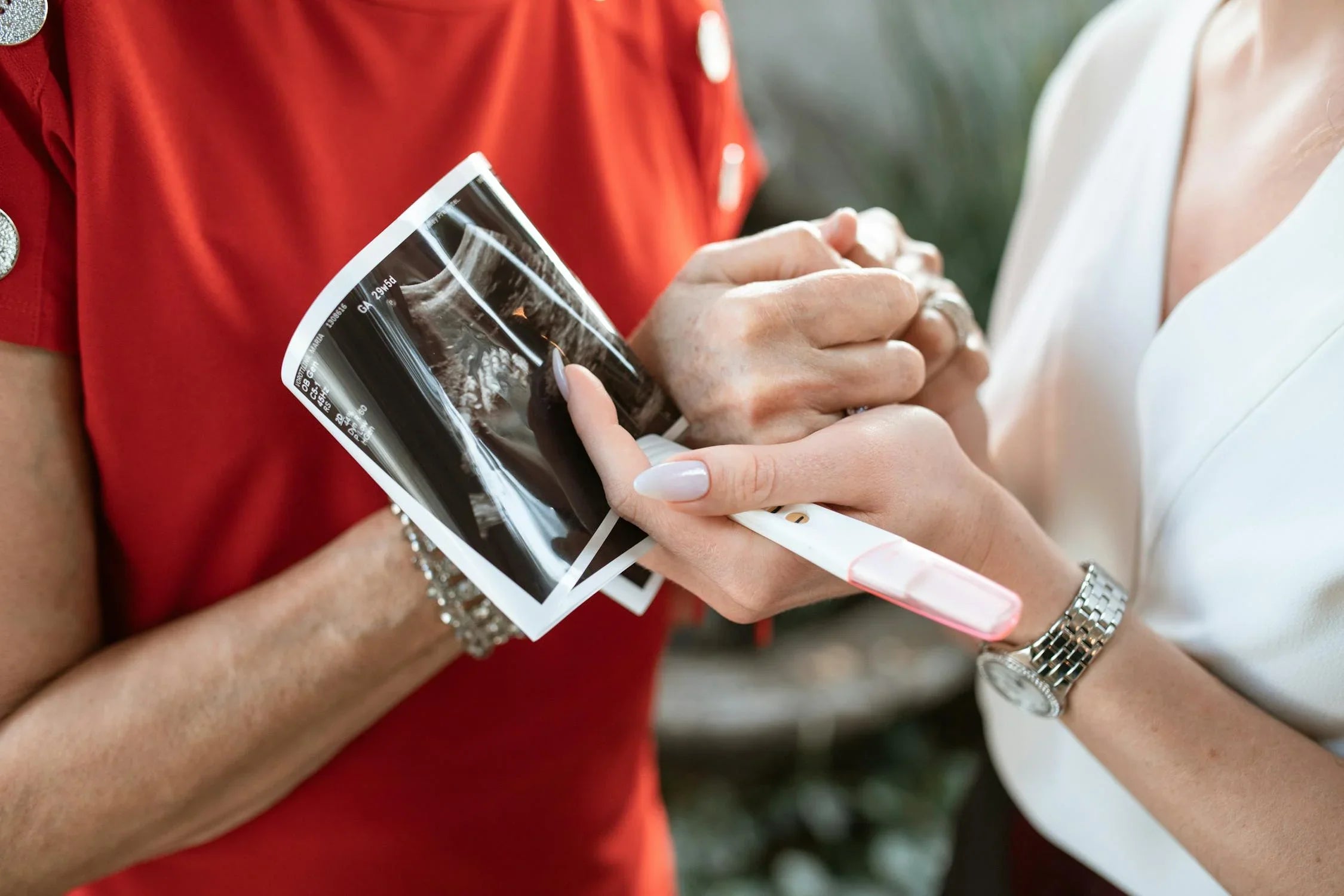Accueil
Pregnancy, Breastfeeding, and Pumping: The Ultimate Guide for Moms
Will a Pregnancy Test Be Positive at 3 Weeks? Everything You Need to Know

Will a Pregnancy Test Be Positive at 3 Weeks? Everything You Need to Know
Are you wondering if a pregnancy test can detect a positive result at just 3 weeks? The answer might surprise you. Early pregnancy testing is a topic filled with curiosity, hope, and sometimes confusion. Understanding how pregnancy tests work and when they can accurately detect pregnancy is crucial for anyone trying to conceive or simply curious about their reproductive health.
Understanding Pregnancy Timelines
Before diving into the specifics of pregnancy testing, it's essential to understand how pregnancy timelines are calculated. Pregnancy is typically measured from the first day of your last menstrual period (LMP), not from the date of conception. This means that by the time you miss your period, you're already considered 4 weeks pregnant. At 3 weeks, conception may have just occurred, and the fertilized egg is beginning its journey to implantation.
How Pregnancy Tests Work
Pregnancy tests detect the presence of human chorionic gonadotropin (hCG), a hormone produced by the placenta after implantation. hCG levels rise rapidly in early pregnancy, doubling approximately every 48 to 72 hours. Most home pregnancy tests are designed to detect hCG in urine, while blood tests performed by healthcare providers can measure hCG levels more precisely.
Can a Pregnancy Test Be Positive at 3 Weeks?
At 3 weeks post-LMP, it's unlikely that a home pregnancy test will show a positive result. This is because implantation typically occurs between 6 to 12 days after ovulation, and hCG production begins only after implantation. By the end of the third week, hCG levels may still be too low for most home tests to detect. However, some highly sensitive tests claim to detect pregnancy as early as 6 days before a missed period, which could overlap with the very end of the third week.
Factors Influencing Test Accuracy
Several factors can influence the accuracy of a pregnancy test at 3 weeks. These include the sensitivity of the test, the timing of implantation, and the concentration of hCG in your urine. Drinking excessive fluids before testing can dilute your urine, potentially leading to a false negative. Additionally, testing too early or not following the test instructions correctly can also affect the results.
When to Take a Pregnancy Test
For the most accurate results, it's generally recommended to wait until after you've missed your period to take a pregnancy test. This usually corresponds to around 4 weeks post-LMP. Testing too early can lead to false negatives, causing unnecessary stress or confusion. If you suspect you might be pregnant but receive a negative result, consider waiting a few days and testing again.
Early Signs of Pregnancy
While waiting to take a pregnancy test, you might notice some early signs of pregnancy. These can include fatigue, breast tenderness, nausea, and frequent urination. However, these symptoms can also be caused by other factors, such as hormonal fluctuations or stress. The only way to confirm pregnancy definitively is through a pregnancy test or a visit to your healthcare provider.
What to Do If You Get a Positive Result
If your pregnancy test shows a positive result, it's important to schedule an appointment with your healthcare provider to confirm the pregnancy and begin prenatal care. Early prenatal care is crucial for the health of both the mother and the developing baby. Your provider can also offer guidance on nutrition, lifestyle changes, and any necessary medical interventions.
What to Do If You Get a Negative Result
A negative result at 3 weeks doesn't necessarily mean you're not pregnant. If you still suspect pregnancy, consider waiting a few more days and testing again. If you continue to receive negative results but experience persistent symptoms or miss your period, consult your healthcare provider for further evaluation.
Emotional Considerations
The process of waiting and testing for pregnancy can be emotionally taxing. Whether you're hoping for a positive or negative result, it's important to take care of your mental health during this time. Lean on supportive friends or family members, and consider speaking with a counselor if you're feeling overwhelmed.
Conclusion
While it's possible for a highly sensitive pregnancy test to detect hCG at the very end of the third week, most tests will not show a positive result this early. Understanding the science behind pregnancy testing and knowing when to test can help you navigate this journey with confidence and clarity. Remember, every pregnancy is unique, and your healthcare provider is your best resource for personalized advice and support.
Curious about early pregnancy testing? Whether you're eagerly hoping for a positive result or simply want to understand the process better, knowing when and how to test can make all the difference. Stay informed, stay patient, and trust your body's signals as you embark on this exciting journey.
Partager
